 
|
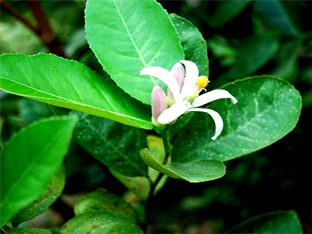
|

The Society owns and manages Mother Estates, a 123 acre agricultural project at Ramapuram Village, Cuddalore District, Tamil Nadu. After converting dry jungle lands into cultivable, irrigated lands, in 1969-1970 the Society was responsible for organizing the first village adoption program by a nationalized bank
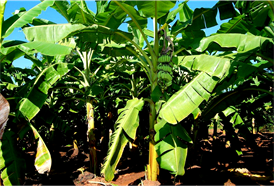 in India. As a result all the village lands were converted into irrigated lands and the average income of farmers has risen more than 100 fold. Based on the success of this effort, the program was extended over the whole country. By 1980 more than 100,000 villages in India had been adopted by banks for development. in India. As a result all the village lands were converted into irrigated lands and the average income of farmers has risen more than 100 fold. Based on the success of this effort, the program was extended over the whole country. By 1980 more than 100,000 villages in India had been adopted by banks for development. Read more |

Over that decade MSS has worked with an international agricultural consultant to evolve a strategy to double crop yields and farm incomes in India by advanced
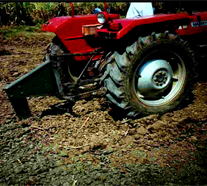 agricultural methods adopted to Indian conditions. A detailed proposal towards the implementation of this strategy was prepared at the request of the Government of Tamil Nadu. agricultural methods adopted to Indian conditions. A detailed proposal towards the implementation of this strategy was prepared at the request of the Government of Tamil Nadu. |

Today the estate serves as a center for applied agricultural research and demonstration of advanced methods for organic farming. Cashew nut, lime fruits, teakwood and bamboo are the principle
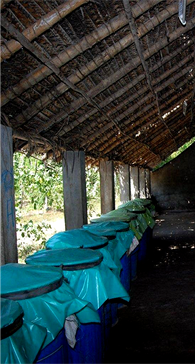 crops. The Society conducts experiments in the use of EM (Effective Microorganisms) as both organic fertilizer and pesticide. EM is a micro-biological technology consisting of more than 80 beneficial species of micro-organism including the well-known lacto-bacillus found in yogurt and so essential for human digestion and health. crops. The Society conducts experiments in the use of EM (Effective Microorganisms) as both organic fertilizer and pesticide. EM is a micro-biological technology consisting of more than 80 beneficial species of micro-organism including the well-known lacto-bacillus found in yogurt and so essential for human digestion and health.  EM is used in a wide range of applications including agricultural, water purification, animal and human health care. Read more. EM is used in a wide range of applications including agricultural, water purification, animal and human health care. Read more. |

In the early 1990s, MSS created an agriculture-based strategy for generating 100 million new employment opportunities in India within 10 years. The strategy was formally adopted by the Government of India for implementation and the Small Farmer's Agri-business Consortium was constituted as the nodal agency. More information.
 In 2004, the Society presented a report to the National Farmers Commission which included a strategy to double crop yields and establish 50,000 village-based farm schools in India. More information. |

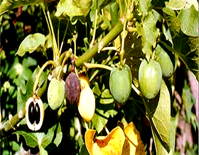
The Society conducted research on a strategy for large scale biofuels production which could generate five million rural jobs and reduce India's dependence on imported fossil fuels. Read more.
|

|